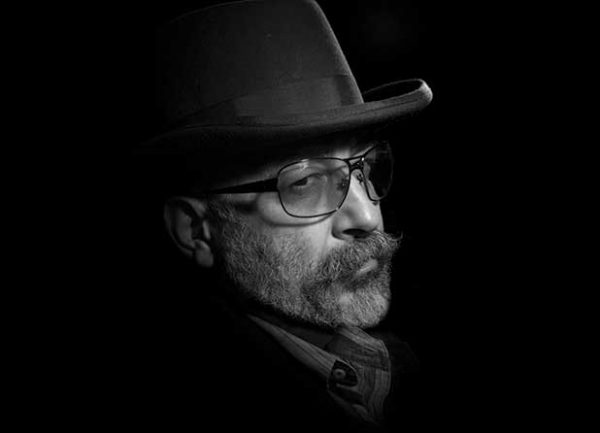
How is the production business changing as it recovers from the pandemic?
In our individual experience, the pandemic only affected our business in 2020 during the UAE summer lockdown, but we ended the year on a very high note with the first big production post-lockdown signalling business as usual to the industry. The business continues to grow as we expand into the USA.
Hear hear! Connect your best set of headphones for Campaign’s next Online Briefing: Creativity you can Hear – Audio Storytelling, Targeting and the Future. Join us to find out how to use music, podcasts and more to make your brand sing.
Is your client list changing?
Our client list has been changing by design. We had always aimed at expanding our client base to include the many entities not aligned with any agencies or networks, but in the last couple of years it has become a more common reality. With experienced and mature clients, it is a different way of working, often with greater creative responsibilities, transparency and a more collaborative partnership. Our client base is no longer confined to the region. Although the process of working with agencies is different, our policy of putting the creative integrity of the project above all other considerations remains the same for all clients.
How is technology changing the business?
With the increasing presence of AI in almost every field, there will be inevitable changes in our industry. Currently, most changes are to do with the evolution of equipment used. Virtual studios are evolving fast to enable complex scenes and lighting with live-action in one studio with minimal crew. It is very pandemic-friendly. The pandemic’s limitations on travel and locations have given a massive boost to post-production to fill the gaps in film production. The UAE has been one of the greatest promoters of knowledge-based industries and will be one of the first adopters of tech innovations across industries. It won’t be long before we see drones and robotics perform intricate and complex camera work with far greater ease and economy. AI will redefine possibilities of filmmaking from sets to casts of characters. This is already a reality in terms of technology. But the greatest interim impact of all this technology will be in creative development and testing of ideas. Films will be worked out in precise detail in terms of script, performance, edit, post, ultimately saving a lot of time and cost. As always is the case with technology, there will be pros and cons of how it is used. In this process, we will lose some of the magic of filmmaking initially, in that the gap between idea and final execution will be drastically reduced, but that opens the potential for film-makers to find ways to push the boundaries of the final vision further, and that is how we progress.
What skills are in demand now in production?
Writers, directors, actors, creators, stylists, production designers and DPs will always be in demand but their teams will shrink. Anything that is technical can be and will be replaced by AI. Talent, creativity and ideas will always remain in demand. All human creativity has come from our ability to break the rules and conventions and take a chance making mistakes and capitalising on them to create something new. The new generation of skills will be the programmers of the new tech.
What advice would you give to clients looking to get the most out of working with a production house?
Embrace the production company as a creative partner and consultant and share ideas during development to assess feasibility and cost. Give a greater consideration to the production company and not just the director they have put forward. A strong, experienced and creatively focused production house can create much more value with young talent with less experience. Make sure your creative ambitions are compatible with your budget. If they do not match, evaluate creative solutions proposed by the production house. Give more weight to the director’s reel than the treatment. The reel is the best representation of the director’s talent and potential.









